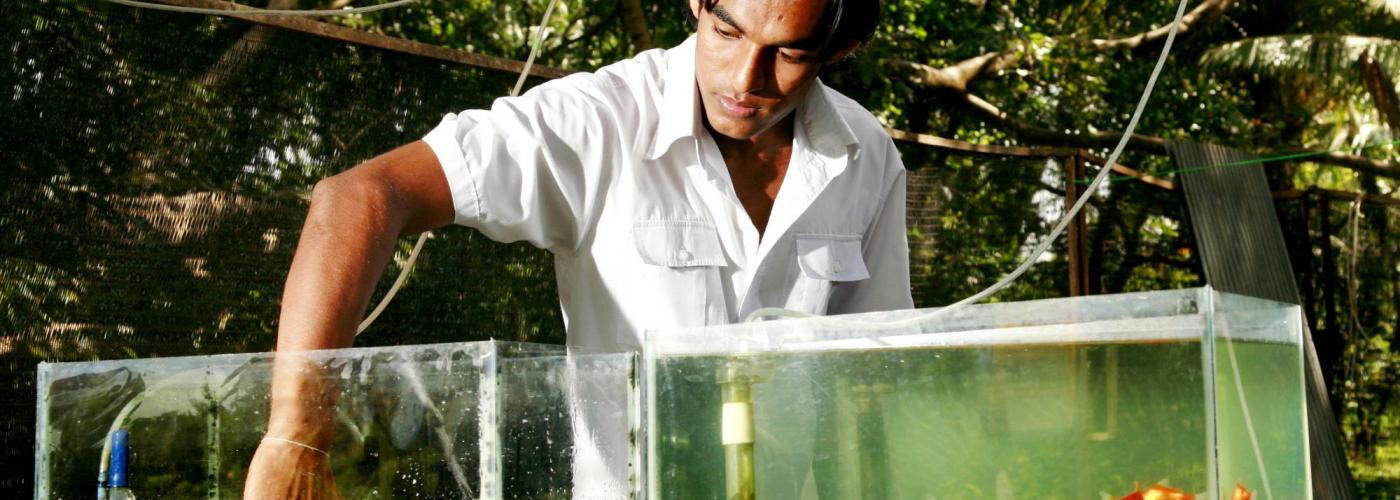Can Results Last a Decade? Understanding Sustainability for Post-COVID Response
Image

In the aftermath of the COVID-19 pandemic, donors and development agencies will have to combine immediate and long-term responses to support the economic recovery in developing countries, which will be disproportionately hit by the devastating consequences of the economic downturn and the concurrent fall in global trade and demand.
Sustainability ─ understood as the ability to drive change that can be sustained both environmentally and over time ─ is increasingly gaining importance and is often presented as the key feature in development-led responses. This echoes the discourse of the market system community, which calls for more systemic and sustainable approaches to “Build-Back-Better” markets systems. Indeed, one of the core selling points of using a systems approach to create more and better jobs is that results live on well after the program closes and the development support ends. However, to date, little to no evidence has been collected to definitively show that the approach really delivers long-term sustainability.
So, is "sustainability" a realistic project objective in market systems development programs, or just another baseless buzzword?
To understand a bit more about if and how a systems project can bring about sustainable change, ILO The Lab and The Springfield Centre have revisited one of the first projects to use the core principles of a systems approach, 10 years after it closed. In the brief “Can development results last a decade? A sustainability assessment of an ILO enterprise development project in Sri Lanka,” we look at the project’s changes that have remained, those that have disappeared, and those that have taken on a life of their own to uncover some key lessons on project design, intervention facilitation, and results measurement. These lessons can provide useful insights on how projects can use a systems approach to drive more sustainable outcomes, deliver long-lasting impact, and contribute to #BuildBackBetter market systems.
This is the brief version of the study. The full report with detailed findings is located on the ILO's website.

